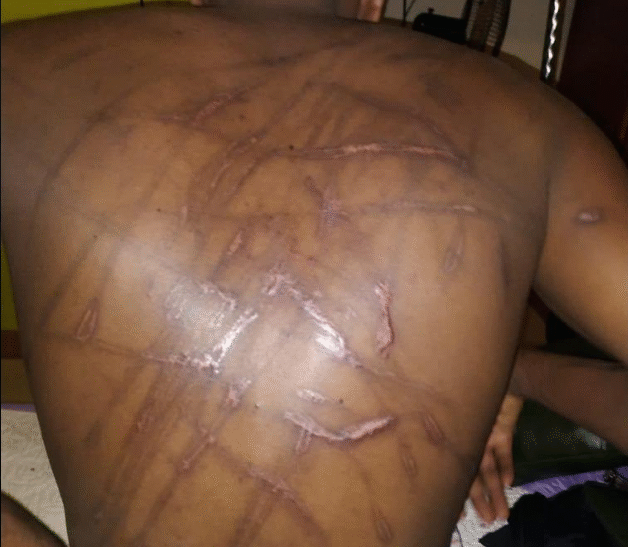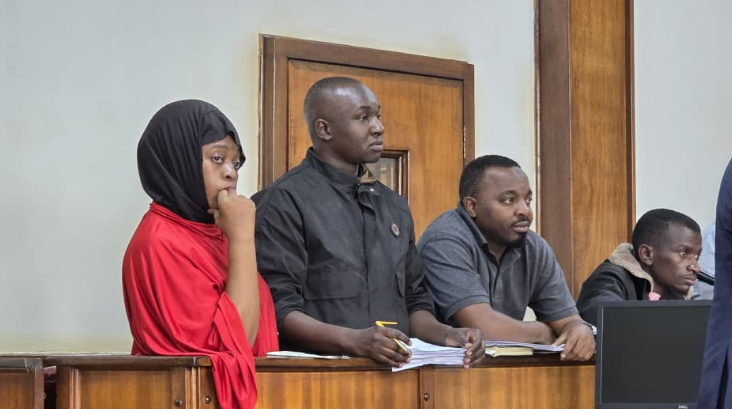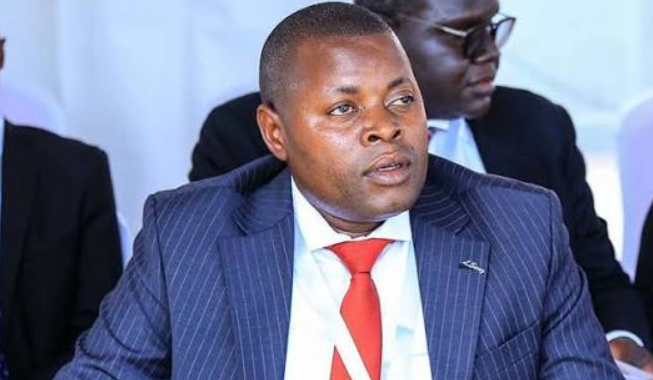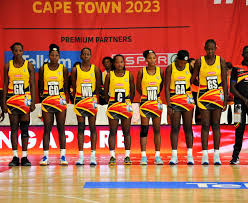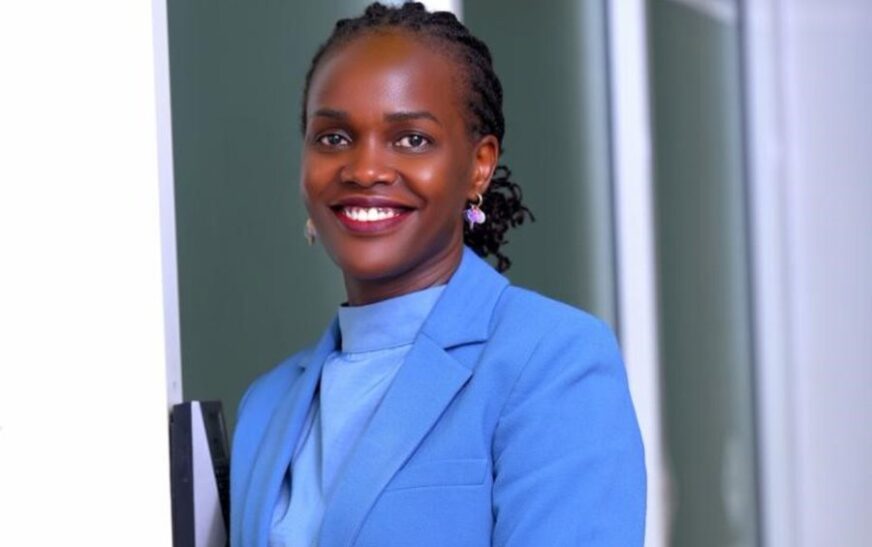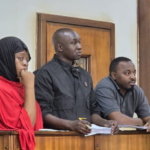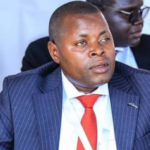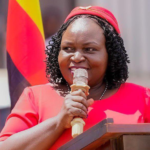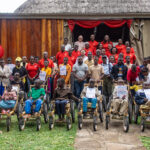The Uganda Human Rights Commission (UHRC) has called on security agencies to uphold human rights as Uganda prepares for the 2026 General Elections, emphasizing that doing so is not optional—it is a legal and moral obligation.
Electoral seasons in Uganda have historically been marked by heightened tensions, with reports of violence, particularly targeting opposition supporters. The UHRC warned that elections—though essential to democracy—can become flashpoints for human rights abuses if not properly managed.
Uganda’s legal framework is clear: the Constitution affirms that freedom from torture is absolute and non-derogable. No person, authority, or circumstance can justify torture or any cruel, inhuman, or degrading treatment.
“We must do more than condemn torture,” said Crispin Kugiza Kaheru, a Member of the Commission. “We must listen to survivors, believe them, and ensure they have access to justice, rehabilitation, and meaningful redress.”
Kaheru stressed that the law must be more than words on paper—it must be enforced without fear or favor.
“We honor the resilience of survivors. Their scars—physical, psychological, and emotional—are lasting reminders of the cost of silence and impunity,” he added. “Many live with trauma that affects their health, families, livelihoods, and sense of safety.”
The Commission acknowledged progress in electoral processes but expressed concern over the pattern of increased torture and abuse during political contestation, calling it a warning sign.
“Security must never come at the cost of human rights,” the UHRC stated. “Law enforcement must operate with restraint, professionalism, and absolute respect for human dignity.”
Uganda has robust electoral laws—the Constitution, the Electoral Commission Act, and related statutes designed to ensure peaceful, fair, and inclusive elections. However, the UHRC emphasized that laws alone are not enough; they must be upheld, and accountability must follow any breach.
The Commission highlighted the long-term psychological effects of torture, including depression, anxiety, PTSD, and other mental health conditions, noting that Uganda’s limited access to mental health care exacerbates the crisis.
“We call on the Government and partners to prioritize psychosocial support and rehabilitation for survivors,” the UHRC said. “Healing is not optional. It is a right.”
The Commission urged the Government to reaffirm its zero-tolerance policy on torture, and ensure that it is reflected in swift investigations, transparent legal processes, and real consequences for perpetrators—regardless of their rank or role.
“Every allegation of torture must be taken seriously. Silence breeds impunity, and impunity destroys public trust,” the UHRC warned.
The Commission reiterated that as the 2026 elections draw nearer, the conduct of security forces will not only determine the safety of the electoral process but also shape the integrity of Uganda’s democracy.
“We remind every officer: your role is to protect the people, not to instill fear,” the statement read.
The UHRC also commended the efforts of civil society organizations, medical professionals, legal advocates, and human rights defenders for their work in supporting survivors, documenting violations, and holding systems accountable.

